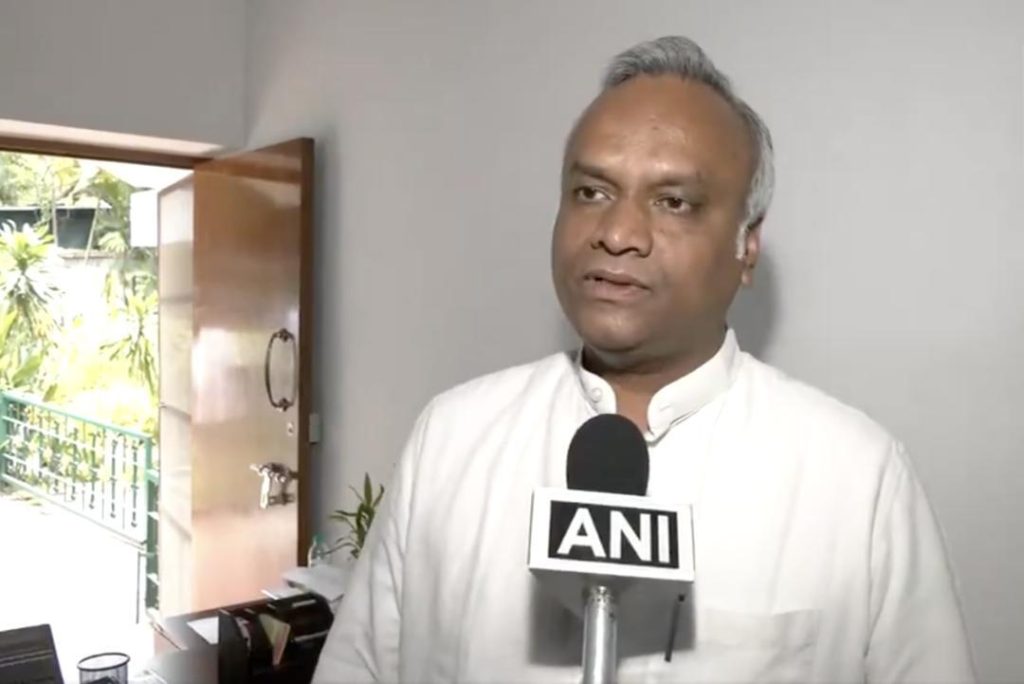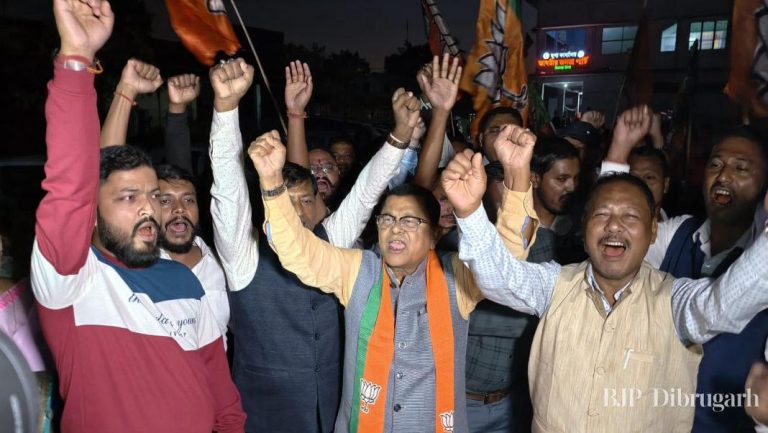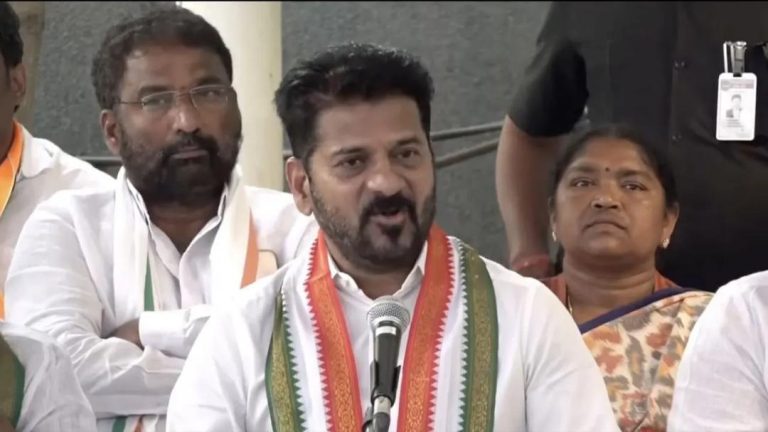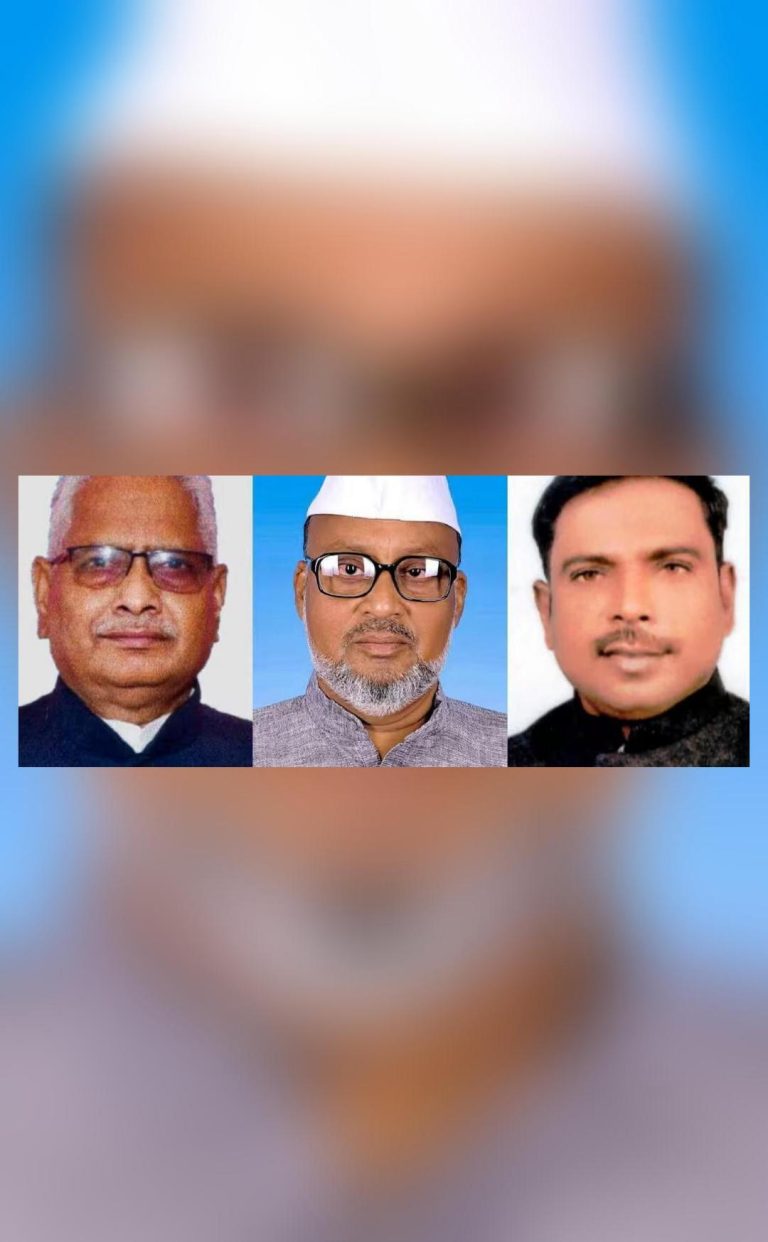
Why First Deny, Then Allow?: Kharge to MEA on His US Trip Approval
The recent approval of Karnataka IT Minister Priyank Kharge’s delegation visit to the US from June 14 to 27 has sparked controversy, with Kharge himself questioning the “politics” behind the delay. The Ministry of External Affairs (MEA) initially denied the delegation’s request, only to later approve it, leaving many wondering what led to the sudden change of heart. In this blog post, we’ll delve into the circumstances surrounding the approval and explore the possible reasons behind the MEA’s initial denial and subsequent approval.
According to reports, Kharge’s delegation was initially denied permission to visit the US from June 14 to 27. The delegation was meant to participate in the World Expos and trade exhibitions, which are crucial events for promoting Indian businesses and trade. However, the MEA’s initial denial left the delegation in a precarious situation, with many questions unanswered.
Kharge himself took to the media to express his frustration and disappointment. In a statement, he said, “We were supposed to be there on June 13; it’s already the 21st. Do you think the World Expos and trade exhibitions will wait for us?” His remarks reflect the sense of urgency and disappointment felt by the delegation and the state government.
The MEA’s initial denial of the delegation’s request has raised several questions. What led to the sudden change of heart? Was there a miscommunication or a misunderstanding? Or was there something more at play? The MEA’s decision to approve the delegation’s visit only after initial denial has sparked speculation about the “politics” behind the approval.
One possible reason for the MEA’s initial denial could be a misunderstanding or miscommunication. It’s possible that the MEA was not aware of the delegation’s itinerary or the importance of the events they were meant to participate in. Alternatively, the MEA might have been dealing with a backlog of requests or was facing some internal issues that led to the delay.
However, Kharge’s statement suggests that there might be more to the story. His question about whether the World Expos and trade exhibitions will wait for his delegation implies that there was a deliberate delay or a lack of urgency on the part of the MEA. This raises questions about the MEA’s priorities and whether they are truly committed to promoting Indian businesses and trade.
Another possible reason for the MEA’s initial denial could be a dispute or disagreement between the state government and the MEA. It’s possible that the state government and the MEA had differing views on the delegation’s itinerary or the purpose of the trip. This could have led to a delay or a denial of the delegation’s request.
The MEA’s approval of the delegation’s visit only after initial denial has raised concerns about the transparency and accountability of the government. If the MEA was aware of the delegation’s itinerary and the importance of the events they were meant to participate in, why was the approval delayed? Was there a deliberate attempt to delay or block the delegation’s visit?
The controversy surrounding Kharge’s US trip approval has also raised questions about the role of the MEA in promoting Indian businesses and trade. The MEA is responsible for promoting India’s interests abroad and facilitating trade and economic cooperation between India and other countries. However, the recent controversy has raised concerns about the MEA’s effectiveness in achieving these goals.
In conclusion, the controversy surrounding Kharge’s US trip approval is a reflection of the larger issues plaguing the MEA and the government. The MEA’s initial denial and subsequent approval of the delegation’s visit have raised questions about the transparency, accountability, and effectiveness of the government in promoting Indian businesses and trade. It’s essential for the MEA and the government to provide clear answers and explanations for the delay and to ensure that such incidents do not occur in the future.
Source:






